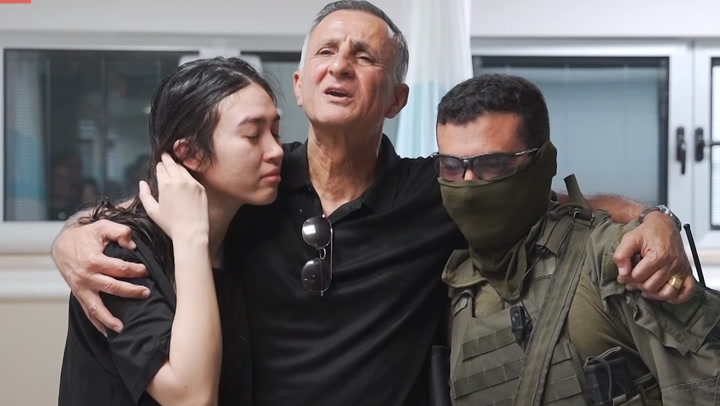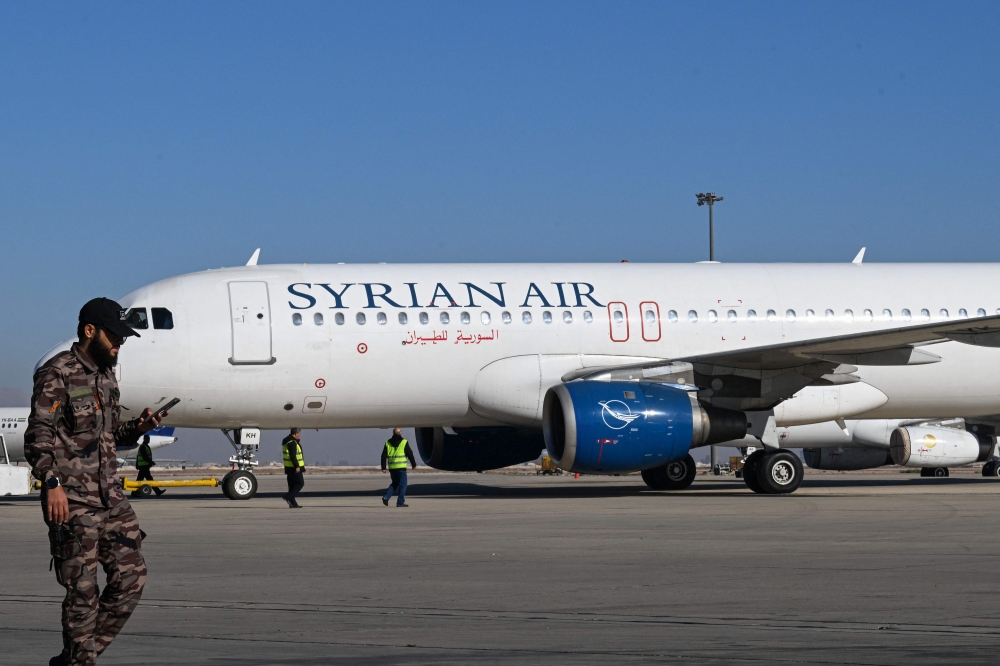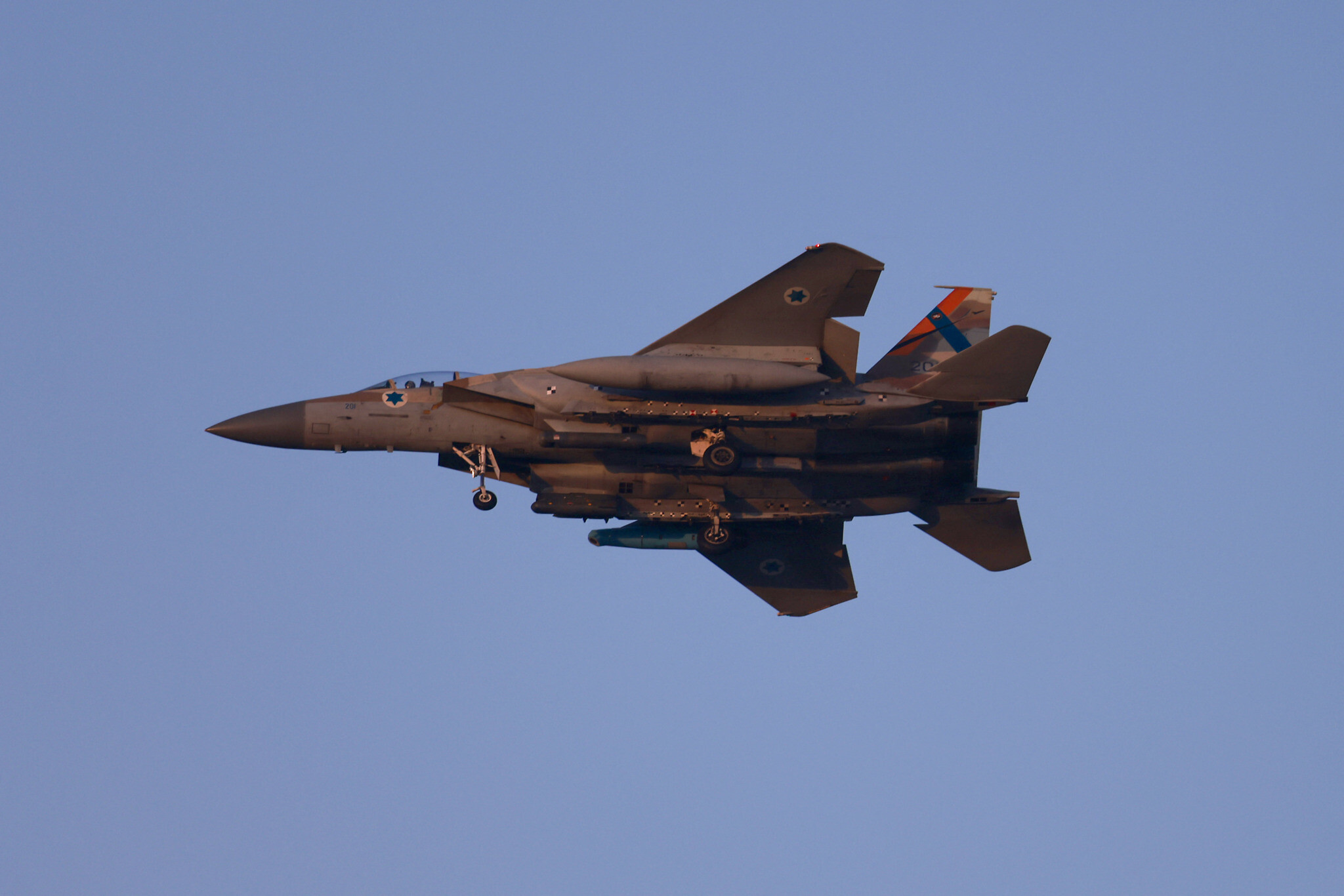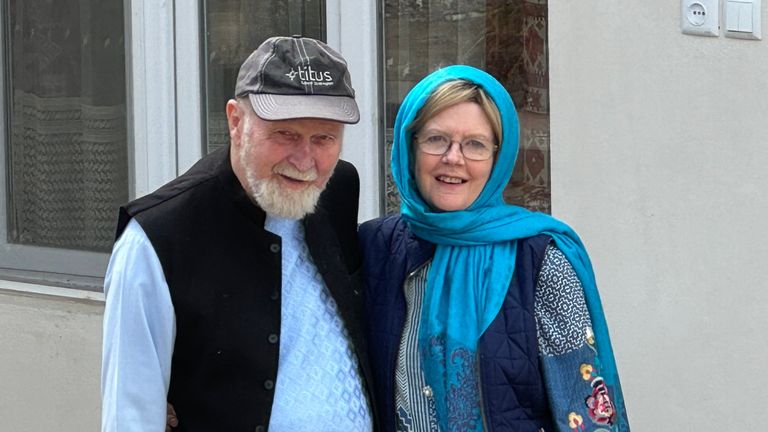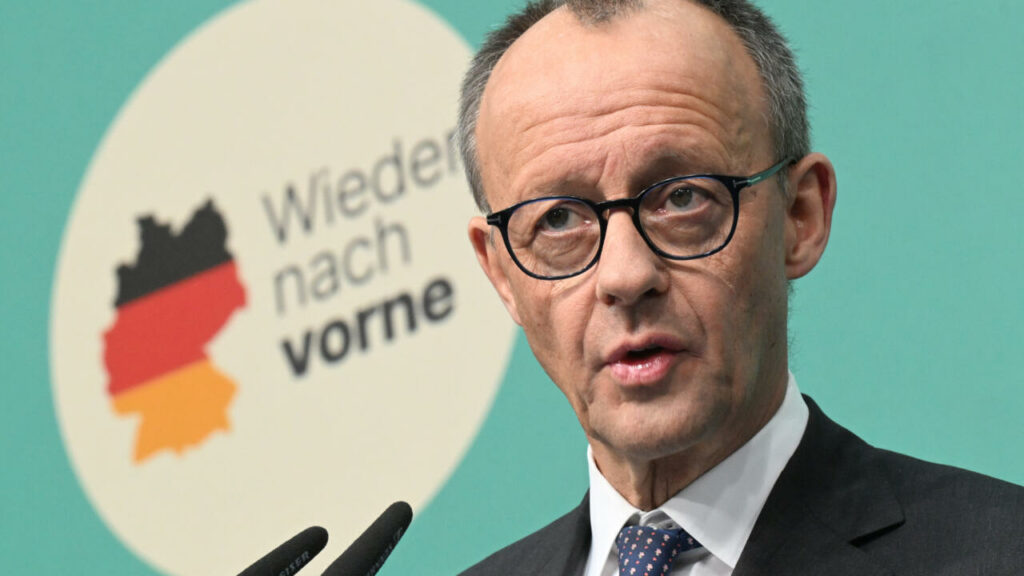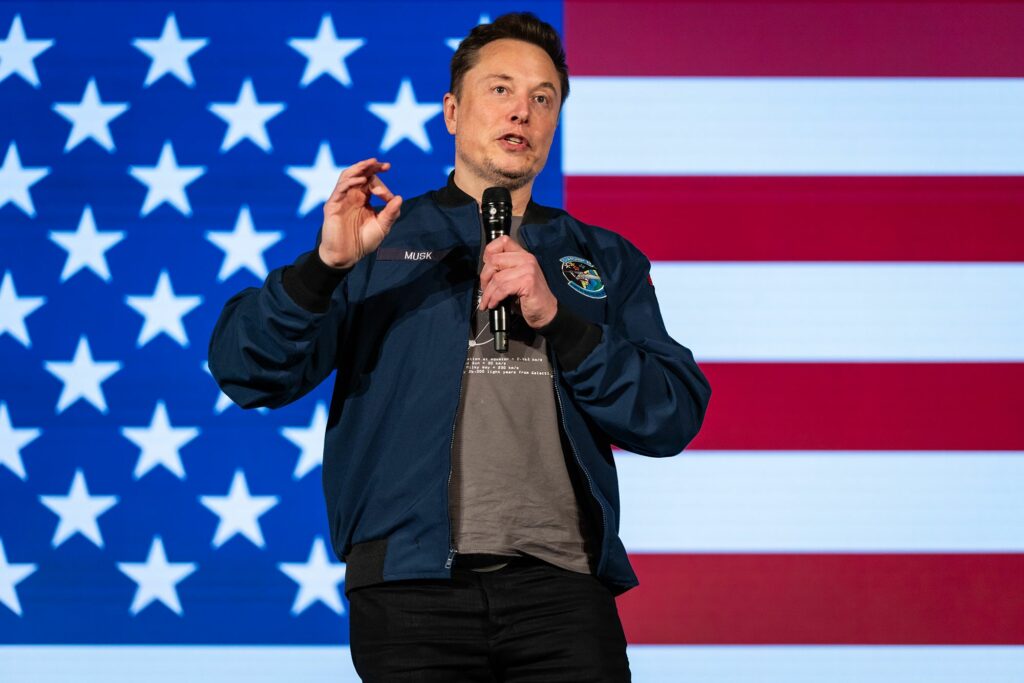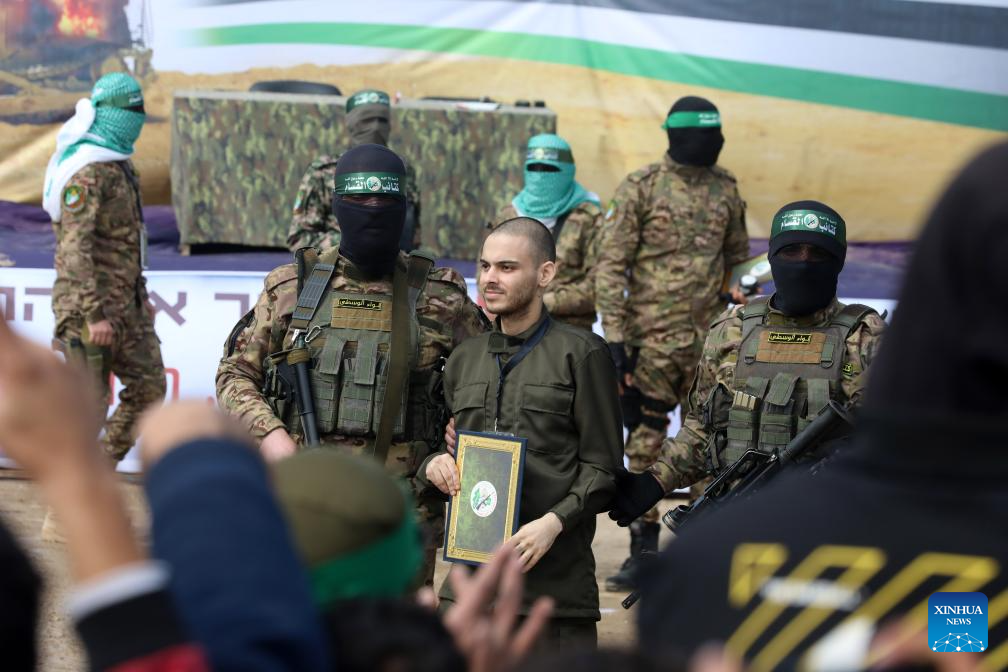Syria’s leading rebel group has named a new prime minister to head the country’s transitional government as outside powers move to shore up their interests in the wake of the Assad regime’s collapse.
The new prime minister, Mohammad al-Bashir, previously ran an administration in Idlib under the control of Hayat Tahrir al-Sham (HTS), the strongest of the rebel groups which have moved into Damascus and other cities.
Bashir said in a brief address on state television that he had been meeting members of the transitional government and the ousted regime, and that he would stay in his post until 1 March.
“Now it is time for this people to enjoy stability and calm,” Bashir said in a separate interview with Al Jazeera.
Israel stated its intention on Tuesday to create a “sterile defensive zone” inside Syria’s southern border, after a bombing campaign aimed at the Syrian navy, alleged chemical weapons sites and other military assets left behind by the regime.
The Israel Defense Forces (IDF) later said that it carried out more than 480 strikes over the previous 48 hours, hitting “most of the strategic weapons stockpiles” in Syria to stop them from falling into the hands of extremists.
In northern Syria, Turkish forces bombed Kurdish targets, and the Turkish-backed Syrian National Army clashed with the Kurdish-led Syrian Democratic Forces (SDF), which are backed by the US. The UK-based Syrian Observatory for Human Rights war monitor said at least 218 people had been killed in three days of fighting between the two forces in Manbij, north-east of Damascus.
The Turkish attacks on the SDF put into question the viability of the small US military presence in northern Syria as well as in SDF-run prison camps where Islamic State (IS) fighters and their families have been held. US troops there operate in partnership with the SDF.
Early on Wednesday, SDF commander Mazloum Abdi said the SDF and the Turkey-backed rebels had reached a ceasefire agreement in Manbij through US mediation.
Charles Lister, the director of the Syria programme at the Middle East Institute in Washington, said: “The SDF have always made it clear that, if its existence was in danger, the prisons would not be the priority.
“US troops can only stay on the ground if their SDF partners are viable.”
The Biden administration, with less than six weeks left to run, has been cautious in its response to events. As a transitional government was named in Damascus, the US secretary of state, Antony Blinken, called for an “inclusive” political process and said US recognition would depend on Syria’s new masters meeting those standards.
“The Syrian people will decide the future of Syria. All nations should pledge to support an inclusive and transparent process and refrain from external interference,” Blinken said in a statement.
“The United States will recognise and fully support a future Syria government that results from this process.”
The early signs from Damascus were that the HTS was trying to maintain exclusive control of the transition process.
“It’s not a good sign that the transition in Damascus is being led only by this one group,” Lister said, pointing to HTS’s past “dictatorial practices” in Idlib.
Representatives of neighbouring states and Gulf Arab nations have reportedly held meetings with HTS officials and were widely expected to recognise the transitional government in the coming days.
Western countries have generally maintained their distance. The US, UK and UN had previously designated HTS as a terrorist group from its past affiliation with al-Qaida, and European countries had largely followed suit.
Western capitals have indicated they are ready to rethink that designation depending on HTS’s behaviour, and US officials are reported to have had unofficial contacts with HTS.
HTS leader Ahmed al-Sharaa, also known as Abu Mohammed al-Jolani, sought to allay fears over how Syria would be ruled, telling Sky News on Tuesday that the country was “exhausted” from war and would not be heading back into one.
“Syria will be rebuilt,” he said. “The country is moving towards development and reconstruction. It’s going towards stability.”
The UN special envoy for Syria, Geir Pedersen, was expected to convene an international conference on the situation later this week in Geneva, as events on the ground continue to unfold at high speed.
The future of Russian military sites in Syria, such as the naval base at Tartus, the Khmeimim airfield near Latakia, and other military outposts, remained in the balance on Tuesday.
Under the leadership of Ahmed al-Sharaa, also known by his nom de guerre Abu Mohammed al-Jolani, the HTS has so far refrained from attacking Russian military assets. Russian state media reported that the Syrian opposition had “guaranteed” the security of its facilities, while Moscow said it was ready to talk to Syria’s new rulers.
Ryan Crocker, a former US ambassador to Syria said: “Both Russia and the HTS recognise that neither needs a new struggle right now.”
However, it was unclear whether the rebels would allow Russian forces to continue to operate at their Syrian bases in the longer term, given Moscow’s role, until a few days ago, of providing the Assad regime with air power and relentlessly bombing civilian targets in opposition-held territory.
Agence France-Presse reported that new satellite images of Tartus showed there were no Russian ships in port as of Monday, but the Russian foreign minister, Sergei Lavrov, denied Moscow had abandoned the base.
The EU’s foreign policy chief, Kaja Kallas, said: “For Putin and the Iranian regime, the fall of Assad is a huge blow for both.” Speaking to an European parliamentary committee on Tuesday, Kallas added there were legitimate concerns about the risks of sectarian violence and a resurgence of extremism in Syria.
The dissolution of Kurdish-run prisons holding IS fighters could supercharge a recent resurgence in IS attacks in Syria and possibly beyond, posing an early dilemma for Donald Trump.
Over the weekend, the president-elect posted on social media to emphasise his opposition to any US involvement in Syria.
“The United States should have nothing to do with it. This is not our fight. Let it play out. Do not get involved!” he wrote.
The US has an estimated 900 troops in northern Syria as part of a counter-IS mission in partnership with the SDF. On Sunday, US forces carried out dozens of airstrikes on 75 IS targets. The head of US central command, Gen Erik Kurilla, said: “There should be no doubt – we will not allow [Islamic State] to reconstitute and take advantage of the current situation in Syria.”
Crocker said: “Trump said we should stay out of conflict, but we are already in it. However, our ability to stay there and contain [IS] is very much in question.”
As the world is digitally evolving, information grounded in science, truth and experience is very essential for healthy life and human sustainability. By that we are very committed to bringing you so get the latest untouched and Breaking Ghana, Africa and World news, Political, Health, Entertainment, Showbiz, Business, Lifestyle, Culture, Education, Technology and Religion insights on Futball Surgery.
We want you to understand that once you have connected to this network, will be receiving or reading Breaking International News, contents on Ghana and Africa for your well informed and sustainability.
Every essential Ghana, Africa, International news and insights will be sent to you and your family to be informed of and updated about the world.


